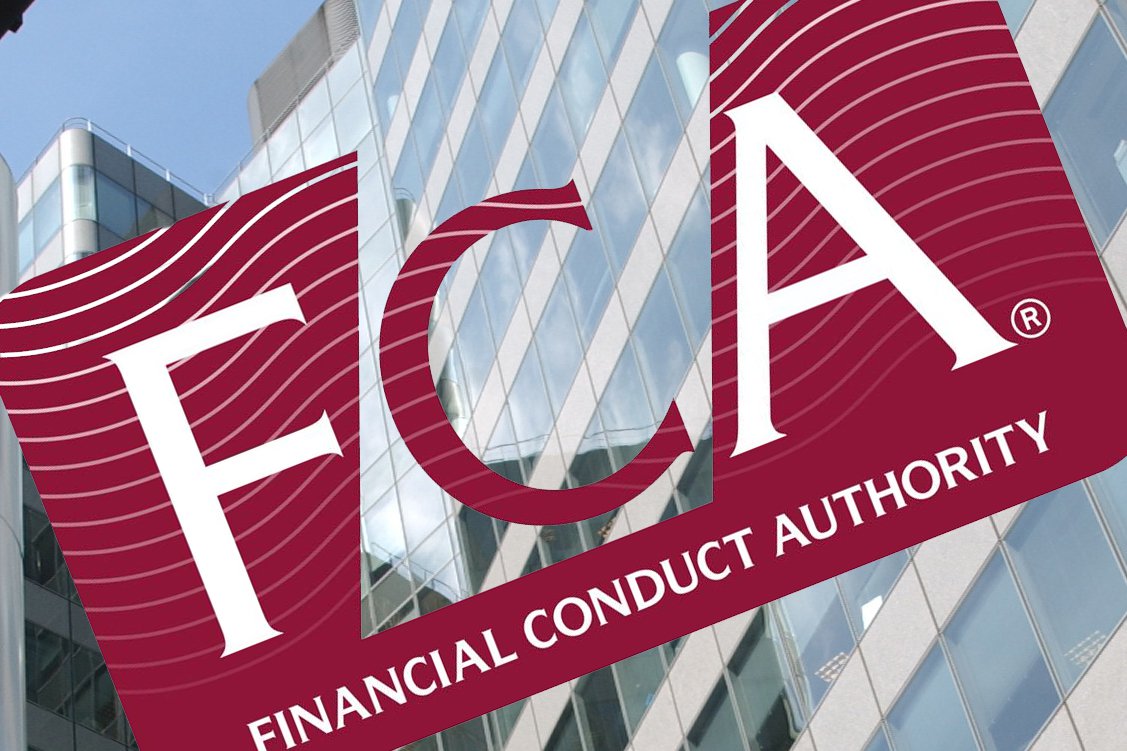By Beth Hampson, Commercial Director, The Argyll Club
In recent weeks, everyone has likely read an article or two that questions the need for an office, and many financial and professional services firms, including large City outfits like Linklaters and PwC, are incorporating greater flexibility into their post-pandemic structure.
Yet, crucially, these firms have also publically declared that the office isn’t going anywhere, following in the footsteps of JP Morgan and Goldman Sachs – whose chief executive David Soloman even labelled working from home an “aberration” earlier this year.
What’s more, working with businesses across London’s finance and wealth community, it is apparent that this belief is not just held by the Goliaths of the market. Financiers across the capital, particulary those leading fast-growth firms, are also prioritising the city’s brickwork in their post-Covid strategies.
Virtual becoming physical
For firms committing to a central office, a key reason is brand building. Businesses have heavily invested in websites, digital colour palettes and fonts for years. But now, after 14 months of fostering relationships via the internet, we are seeing the physical placed above the digital. Indeed, for businesses born during lockdown who have had to initiate relationships entirely by Zoom, this is particularly important.
Technology has, of course, been a survival tool during lockdown. However, an industry built on relationships simply isn’t able to view it as a permanent fixture. In-person interaction is a necessity. As such, as restrictions ease, many firms see a central office as a crucial facilitator of their next phase of development, rather than merely an optional extra on the balance sheet.
Conversations with one of our own customers, Michael Schmitz, co-founder of investment firm Emerald Capital Management, highlighted this. Michael’s firm was founded from his kitchen table in January 2020 and then plunged headfirst into a pandemic. Yet, he committed to office space when restrictions allowed in 2020 and plans to expand them this year.
In his view, “Clients may not invest in a company that has a HQ in a residential area or that is completely remote. They need to come in and visit and get to know the business in-person. Plus, in our line of work, a prestigious address and premium environment can go a long way when building a reputable brand.”
Now, Michael plans to use his office by St Paul’s in London on a flexible basis, meaning his team can come in and use the space a couple of times a week and its flexible lease will allow him to expand the office as his team grows this year with an expected recruitment drive. Listening to tales like Michael’s make clear that, post-Covid, offices are in fact the physical roots that many businesses need to propel them out of lockdown.





